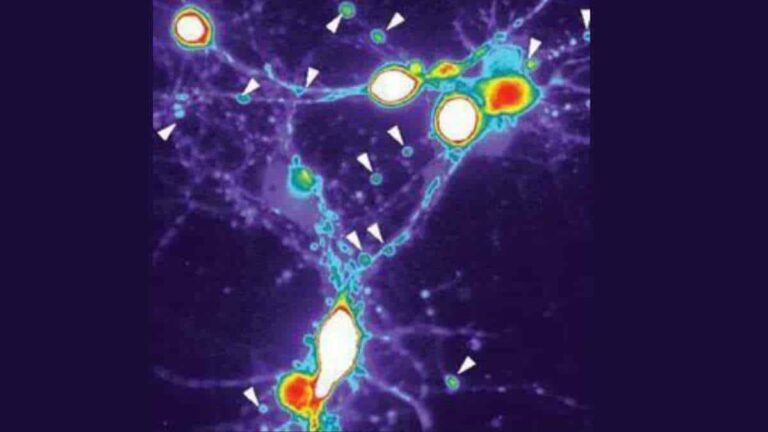A correlation between the integrity of white matter tracts and the ability to calculate finances has been identified in a new study. The research, from the Center for Vital Longevity at The University of Texas at Dallas, is among the first to investigate how degraded connections in certain parts of the adult brain might affect…
Category: Neurology
Why Sense Of Smell Can Be Lost In Parkinson’s Disease
An anatomical link for the loss of the sense of smell in Parkinson’s disease has been found by researchers at University of Auckland. Loss of the sense of smell is an often overlooked but remarkably prevalent early symptom of Parkinson’s disease. Parkinson’s disease is a progressive, degenerative disorder of the brain. Symptoms include tremors, stiffness…
Multiple Sclerosis Progression May Be Influenced By Gut Microbes
Specific gut microbes associated with multiple sclerosis have identified in human patients by researchers at UC San Francisco. This shows that these microbes take part in regulating immune responses in mouse models of the disease. The new findings suggest that gut microbes may play a role in the neurodegeneration that characterizes multiple sclerosis (MS). The…
Antioxidants May Disrupt Nerve Degeneration In Parkinson’s
A cause of nerve degeneration in patients with Parkinson’s disease may have been discovered by new research, along with a potential treatment that can interrupt the process. Northwestern University scientists identified a toxic cascade that leads to neuronal degeneration in patients with Parkinson’s disease (PD). They also found that intervening with an antioxidant early in…
HDAC6 Inhibition Suppresses Tau Accumulation In Neurons
In the brains of people diagnosed with Alzheimer’s disease, there are abnormal deposits of amyloid beta protein and tau protein, and swarms of activated immune cells. But scientists do not fully understand how these three major factors combine to drive the disease. Univeristy of North Carolina School of Medicine and National Institutes of Health researchers…
Retinal Imaging May Reveal Alzheimer's Disease Signs
A noninvasive eye imaging technique can identify beta amyloid protein deposits that mirror those in the brain, a study led by researchers at Cedars-Sinai and NeuroVision Imaging LLC reports. The work provides a scientific basis for using the experimental technology to detect the pathological hallmarks of Alzheimer’s. Accumulations of neurotoxic beta-amyloid protein can be detected…
More Evidence Lower Brain Serotonin Levels Are Linked To Dementia
Evidence of lower levels of the serotonin transporter, a natural brain chemical that regulates mood, sleep and appetite, is reported by by Johns Hopkins researchers, in a study looking at brain scans of people with mild loss of thought and memory ability. Previous studies have shown that people with Alzheimer’s disease and severe cognitive decline…
TREM2 Supports Microglia Metabolic Health In Alzheimer’s Disease
Individuals with distinct mutations in the gene TREM2 are three times more likely to develop Alzheimer’s disease than those who carry more common variants of the gene. Until now, scientists had no explanation for the link. New research in mice at Washington University School of Medicine in St. Louis indicates that the high-risk mutations in…
Lysosome Transport Plays Role In Alzheimer’s Disease Progression
Defects in the transport of lysosomes within neurons promote the buildup of protein aggregates in the brains of mice with Alzheimer’s disease, researchers from Yale University School of Medicine have discovered. The finding suggests that developing ways to restore lysosome transport could represent a new therapeutic approach to treating the neurodegenerative disorder. Alzheimer’s disease is…
